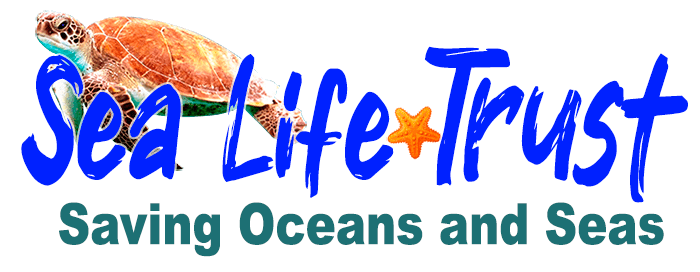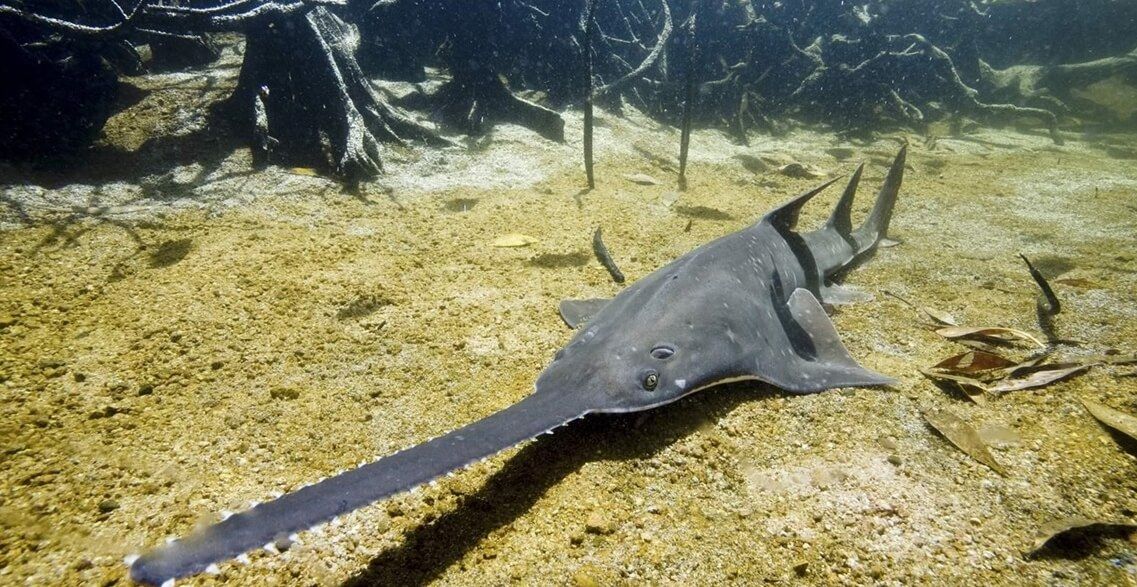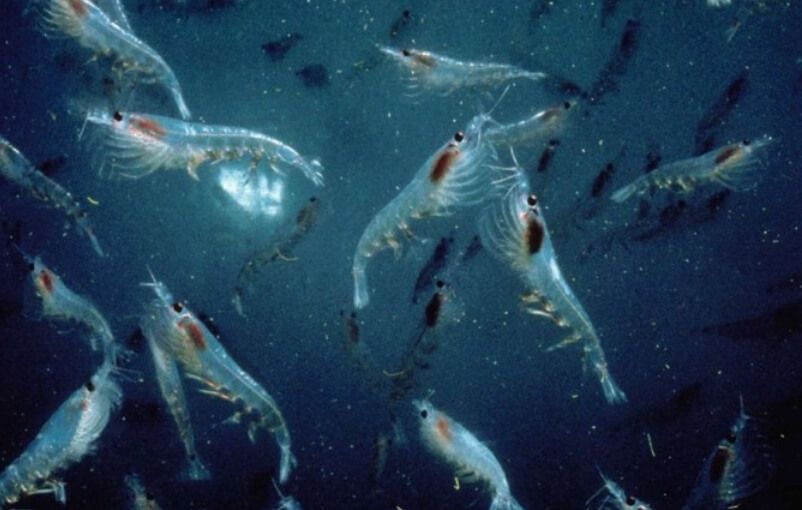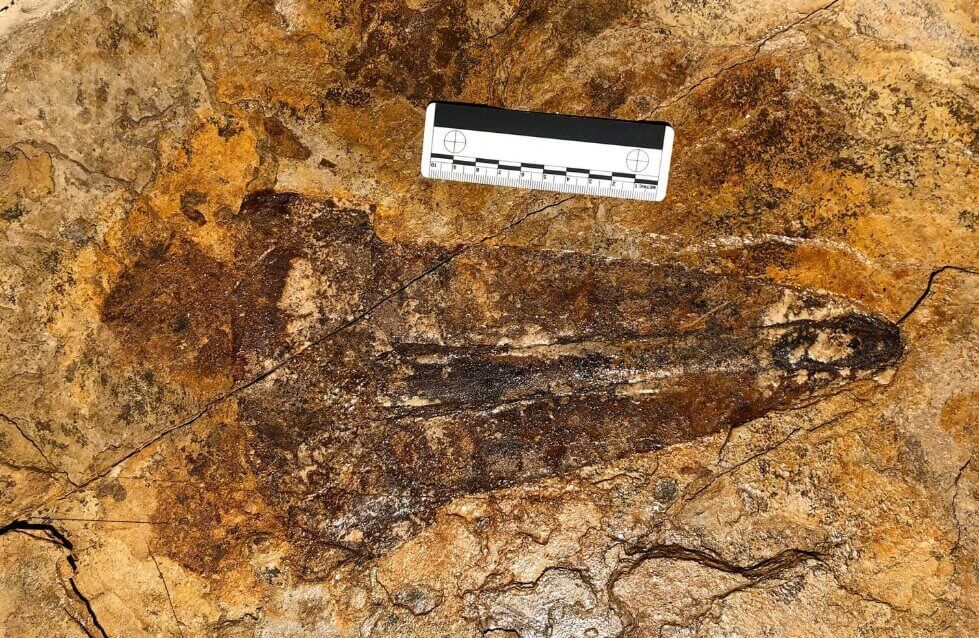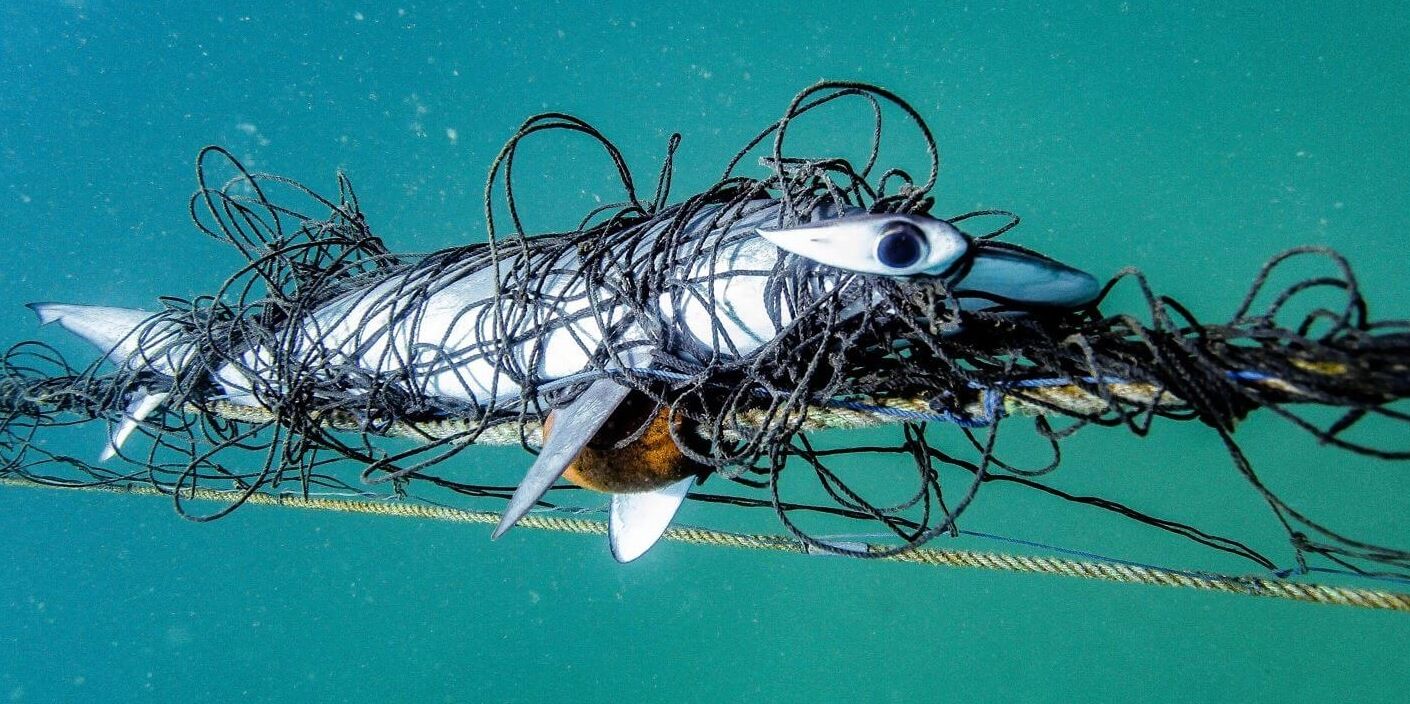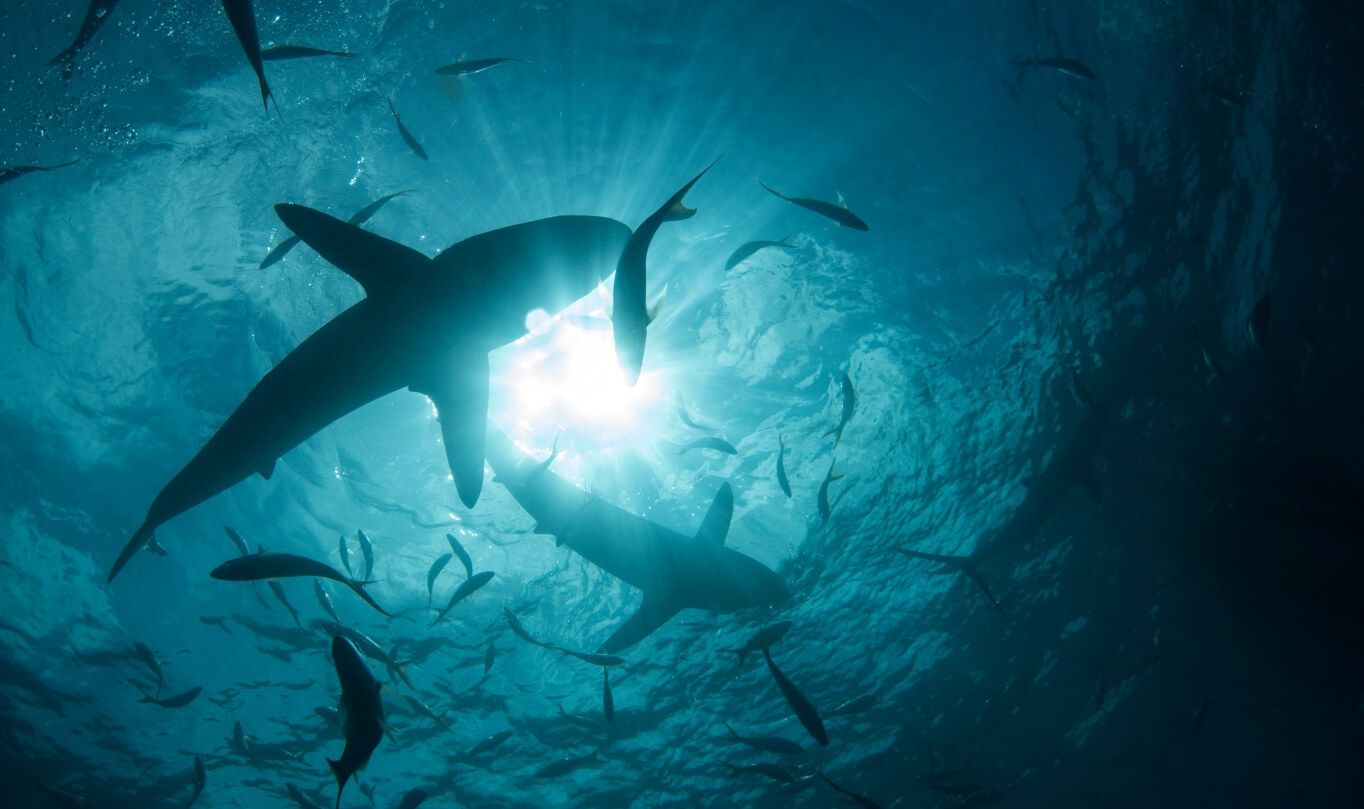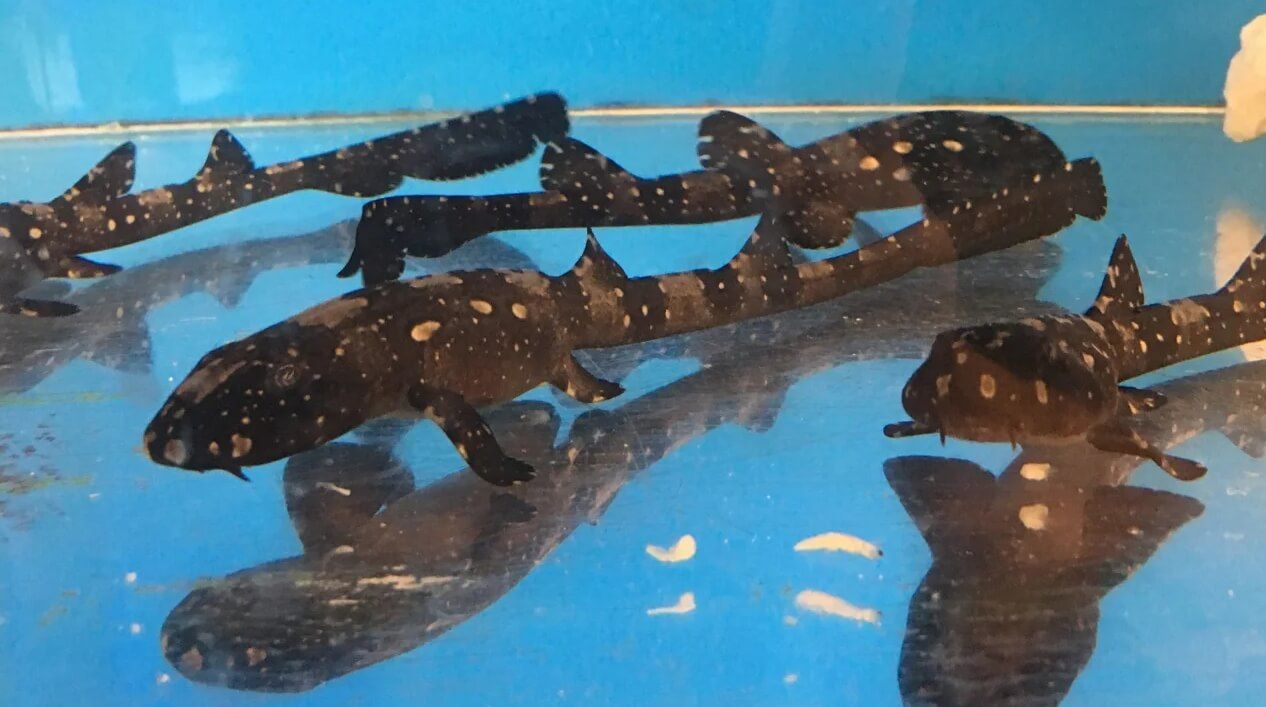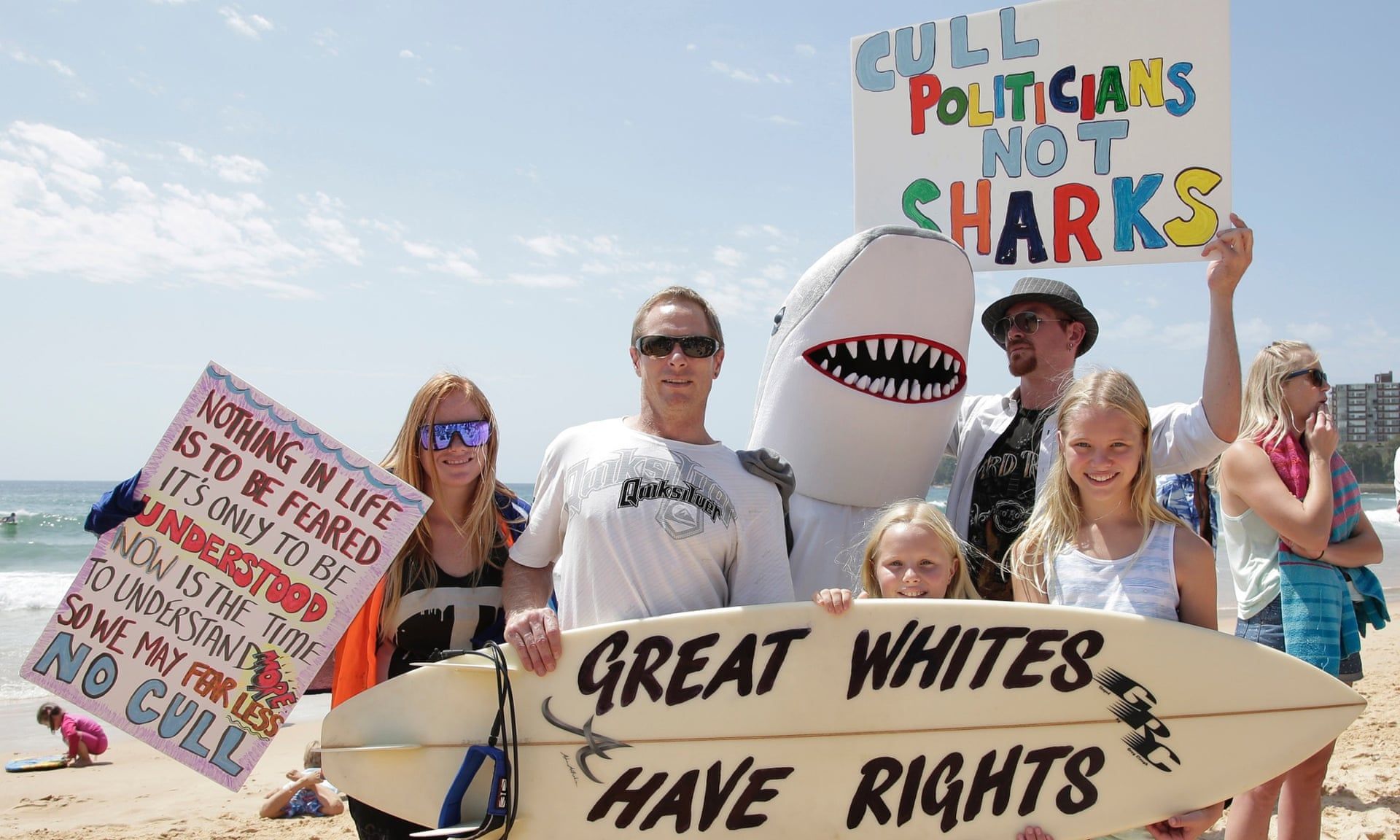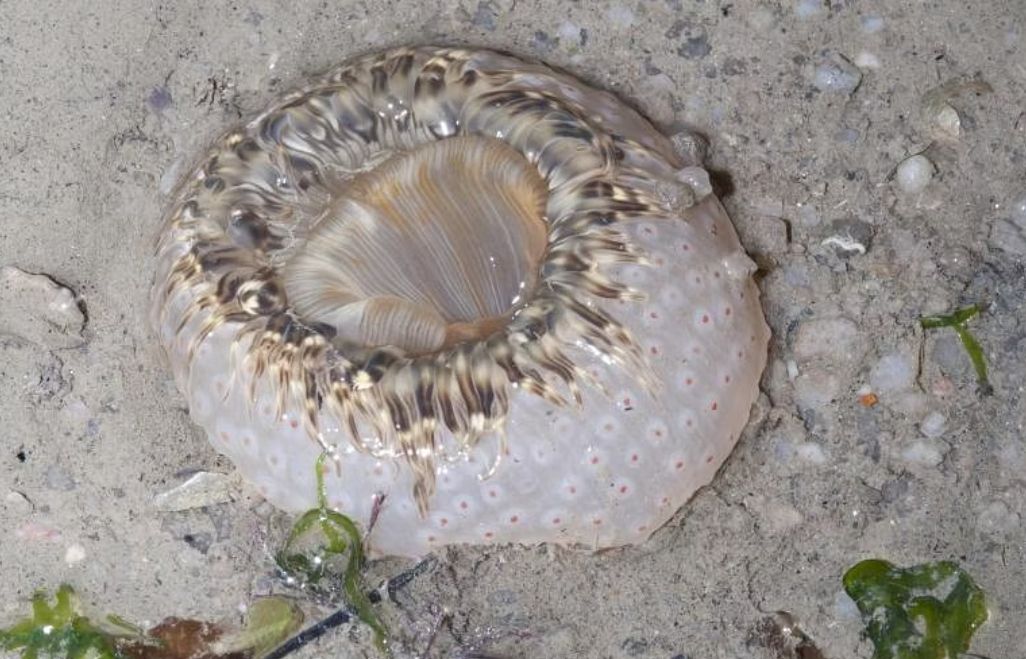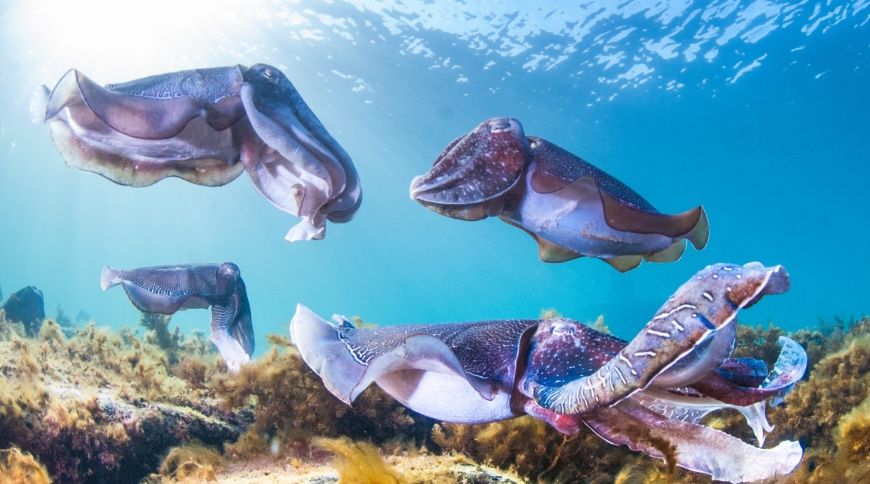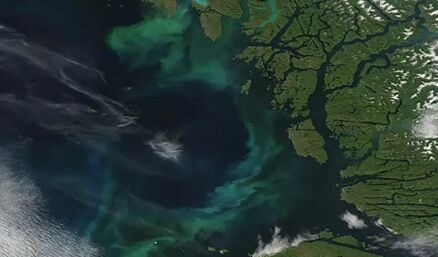Australia’s northern territory boasts pristine tropical coastlines and seas, forming a mesmerizing tapestry of diverse ecosystems, from vibrant seaweed meadows and coral reefs to lush mangroves and expansive tidal flats. These marine habitats support a rich array of wildlife, including six out of the world’s seven species of sea turtles, migrating whales, bottlenose dolphins, as well as vulnerable species like dugongs and sawfish.
Beyond their ecological significance, these coastal regions contribute significantly to the local economy, injecting A$2 billion annually and providing over 6,300 jobs. They support various industries, such as indigenous ranger programs, cultural tourism, recreational fishing, and tourism, while playing a crucial role in carbon sequestration through blue carbon storage in coastal wetlands.
Recently, this unique and vital region triumphed over a persistent and severe threat: seabed mining. Seabed mining is a growing global trend, as companies seek to extract minerals, gas, and other resources from the ocean floor, both in coastal waters and offshore.
In a landmark decision in August 2021, the Northern Territory government enacted a permanent ban on seabed mining in the territory. This historic move came after years of collaborative efforts between conservation groups, such as The Pew Charitable Trusts and the Australian Marine Conservation Society, traditional landowners, commercial and recreational fishermen, tourism operators, scientists, and local communities.
Seabed mining involves dredging or excavating portions of the seabed to extract minerals, leaving a broad footprint on the seafloor. This process often results in the removal or destruction of coral reefs, marine life, and essential habitats, disrupting feeding and breeding grounds for commercially and recreationally valuable species. It also generates massive sediment clouds that can smother or harm marine life, including plankton and fish.
Between 2006 and 2011, commercial interest in offshore mineral exploration surged in the Northern Territory, with companies seeking licenses to explore and mine areas like Fog Bay, Anson Bay, Highland Bay, Galivinka (Elcho Island), Wessel Islands, Blue Mud Bay, Groot Eilandt, and Limmen Bay. These proposals sparked strong opposition from concerned communities, highlighting the potential environmental, cultural, social, and economic repercussions. The government initially responded by imposing a three-year moratorium on seabed mining in 2012, which was later extended multiple times before culminating in the permanent ban.
While the ban on seabed mining is a major step forward, the region continues to face a multitude of threats, including climate change, coastal development, agricultural runoff, dams and river water extraction, overfishing, and pollution. These interconnected pressures create complex consequences that are challenging to predict solely based on individual impacts.
The Northern Territory is home to more than 150 endangered migratory and marine species, such as coastal dolphins, sea snakes, migratory waders, and sawfish. Many of these species are already under significant stress and may be reaching their tolerance limits.
Preserving healthy coasts, rivers, and marine life is crucial for the Northern Territory’s way of life, economic prosperity, and cultural heritage. Two pillars of the state’s economy and culture, recreational fishing and tourism, depend on the preservation of pristine marine and coastal environments.
With the permanent ban on seabed mining now in place, it is imperative for the Northern Territory government to implement further policies safeguarding these unique and vulnerable coastal habitats. Community-specific solutions, including Sea Country Indigenous Protected Areas, funding for Native Ranger programs, and the creation of new marine parks that promote tourism and job opportunities, are essential. Additionally, the protection of tropical rivers that nourish the coastal environment and support regional economies is vital.
The ban on seabed mining offers robust protection for the Northern Territory’s coast, safeguarding fisheries, traditional ways of life, and regional economies. It also sends a powerful message that the government is willing to confront corporate interests jeopardizing the territory’s invaluable assets: its coastal environment and the communities dependent on it. It is now incumbent upon other jurisdictions within Australia and around the world to follow suit and protect vulnerable marine ecosystems from this destructive industry.
